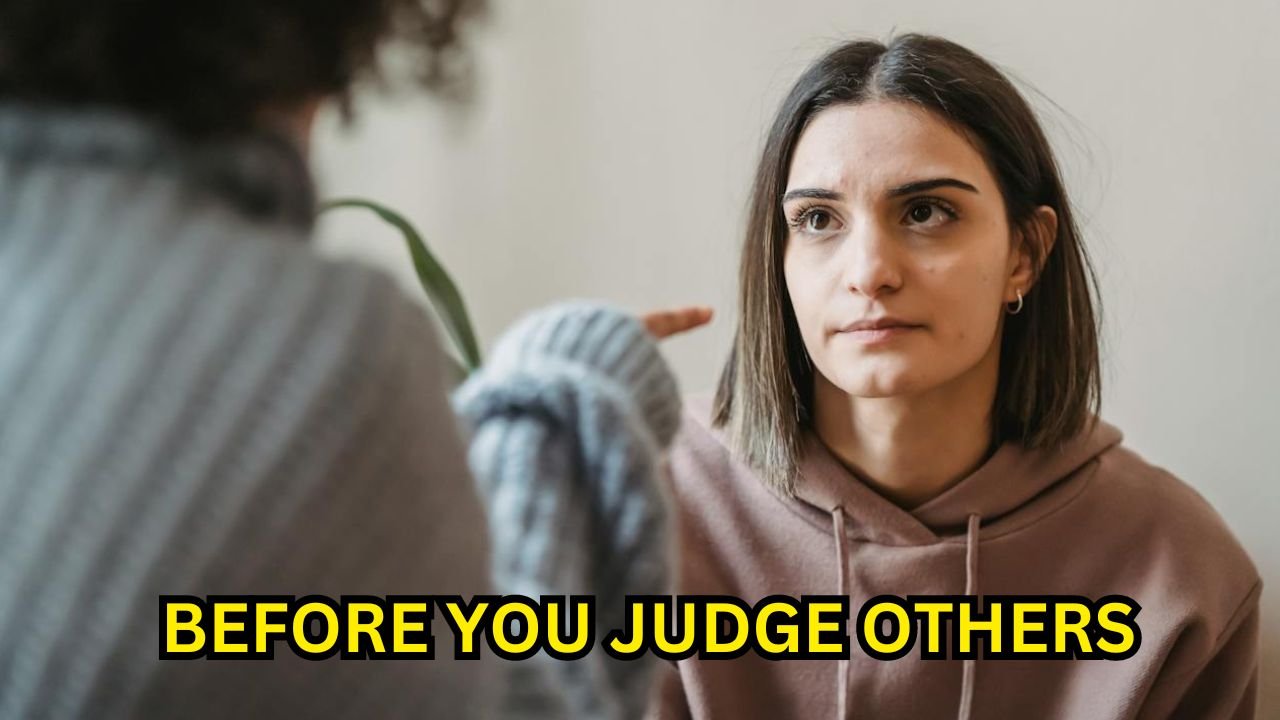Once upon a time, there was a king. He had a vase in his bedroom, which was one of his favorite things. One day, while cleaning the king’s bedroom, the vase fell from the hands of a servant and broke. The servant got scared because it was the king’s favorite vase. The servant gathered all the pieces and secretly threw them away.
When the king came to the bedroom, he found his favorite vase missing. He called the servant and asked about it. The servant, out of fear, said, “Your Majesty, I have taken that vase home to clean it properly.” The king ordered him to bring the vase back to his room immediately.
After receiving the order, realizing he couldn’t hide the truth any longer, the servant told the king everything and started apologizing with folded hands. The king got angry at the servant for lying to him and sentenced him to death. The servant kept pleading for forgiveness, but the king did not listen to him.
The next day, the king made this topic a point of discussion in his court and asked his courtiers, “Has any of you ever lied?” All courtiers refused in one voice and said, “No, Your Majesty, we have never lied.”
However, one of the king’s vice ministers was keeping quiet. When the king asked him about it, the vice minister said, “Your Majesty, everyone lies sometimes. I, too, have spoken lies. I think there is no harm in telling a lie that does not harm anyone.” The king got angry after hearing this and expelled his minister out of the court.
The minister left but was worried about the servant’s death sentence. He started thinking of a way to save him. After some thought, he went to a goldsmith and asked him to make a patty of rice out of gold. Next morning, after taking that gold patty, the minister went to the king’s court.
The king was angry seeing his minister in court even after being expelled from the court. But the minister somehow convinced him to listen to him. Then he showed the gold patty to the king and said, “Your Majesty, I wanted to tell you something very important, that’s why I have come here today. Yesterday evening, while going home, I met a monk. He gave me this gold patty of rice and told me to plant it in some fertile land. If we sow this there, there will be a gold crop in that field. I have found a fertile land, and I want all the courtiers and you to come to that field to plant this gold patty. Then we can see whether the monk was right or not.”
The king agreed and ordered all his courtiers to reach the field the next day at a fixed time. When everyone reached the field, the king asked the minister to plant the gold patty in the field. But the minister said, “Your Majesty, while giving these seeds, the monk instructed me that the field will yield gold only if it is planted by a person who has never told a lie. That’s why I cannot plant this. Please order one of your courtiers to plant this gold patty.”
The king asked any one of his courtiers to plant the gold patty in the field who has never lied in his life, but no one came forward. The king understood that everyone had lied at one time or another. When no one came forward, the minister gave the gold patty of rice into the hands of the king and said, “Your Majesty, no one is truthful here. That’s why you should plant this gold patty.” But even the king hesitated to take that gold patty and plant it in the field, saying, “No, I have also lied in my childhood. That’s why I cannot plant this.”
After hearing this, the minister smiled and said, “Your Majesty, this is what I was trying to explain to you. That we all have told a lie at some point in our lives, but a lie that does not harm anyone is not a crime. I got this gold patty made by a goldsmith. My aim was just to make you understand that people in the world lie sometimes, but a lie that does not harm anyone is not a crime.”
The king understood the minister’s point. He gave him his place back in the court and pardoned the death sentence of the servant. If we see in our lives, we will find that lying is not always wrong, but it depends on the intention behind it. A lie is not a bad thing if it is meant to help someone, such as saving someone’s life or motivating someone to improve themselves.
If someone is bad and we call them bad, then it can hurt their feelings. But instead of calling them bad, if we can tell them that they are good and they can be better if they follow the right path, then it can inspire them to change. This is not a lie but a way of supporting and guiding them towards a better path. A lie becomes a crime only when it is meant to harm or deceive someone with malicious intent.
Therefore, we can say that the morality of our actions depends on its underlying purpose. The intent behind our actions holds significant weight in determining whether an act is virtuous or otherwise. The story also teaches us the importance of forgiveness. We are all human, and humans make mistakes. When someone sincerely asks for forgiveness, we should forgive them as a human gesture. We should be compassionate towards others, knowing that mistakes are part of being human, and we all have made some mistakes at some point in our lives.
Therefore, we should always remember that a lie is not a crime if it serves a noble cause, and being truly great means not judging others but showing kindness by forgiving them when they feel sorry.

